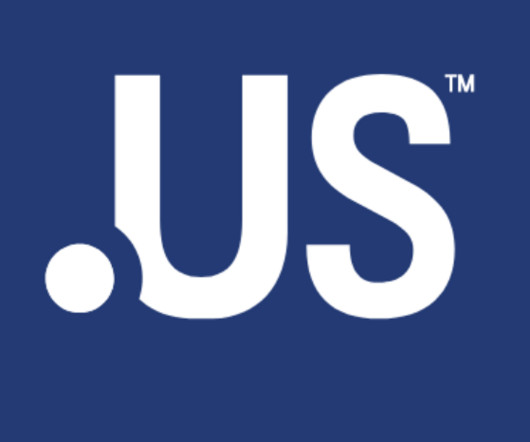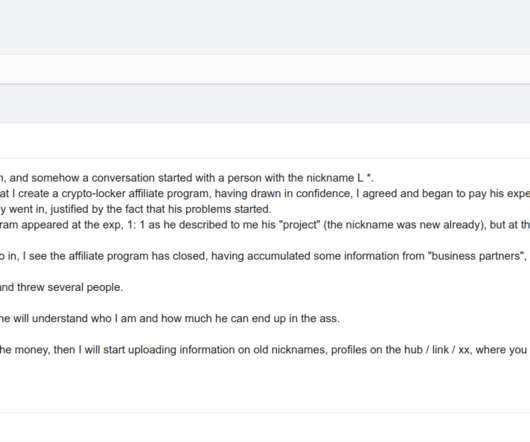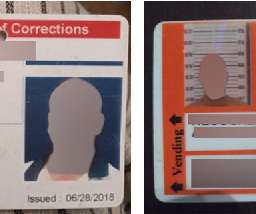Why is.US Being Used to Phish So Many of Us?
Krebs on Security
SEPTEMBER 1, 2023
.” Dean Marks is executive director and legal counsel for a group called the Coalition for Online Accountability , which has been critical of the NTIA’s stewardship of.US. domains were the worst in the world for spam, botnet (attack infrastructure for DDOS etc.) “Even very large ccTLDs, like.de












Let's personalize your content